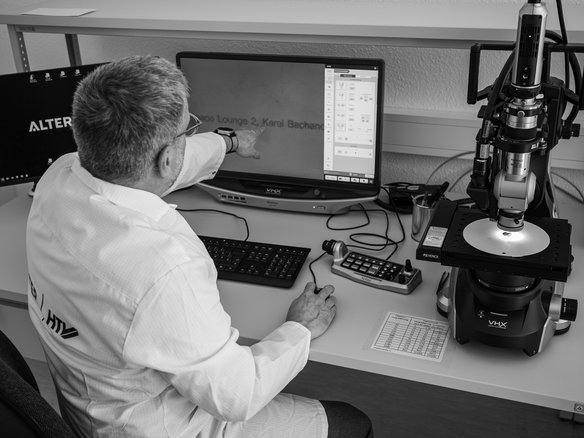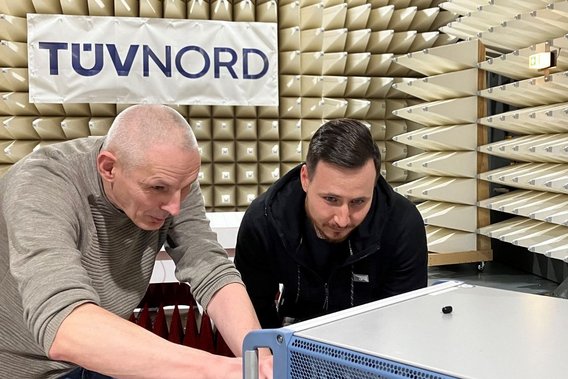Press releases

20/11/2025
Fewer defect-free vehicles at TÜV NORD stations
Automotive
Driver's license & vehicle
Press release

19/11/2025
ALTER enters US market with state-of-the-art semiconductor testing facility in Minnesota
Information Technology (IT)
Aerospace industry
Medical technology
Metal and electrical industries
Tests and expert opinions
Press release
Semicunductor

18/11/2025
Simon Ulmer joins the management of TÜV Informationstechnik GmbH
Information Technology (IT)
Press release
Personnel development

14/11/2025
NIS-2 in force: TÜV NORD GROUP warns companies of cyber risks and calls for swift action
Information Technology (IT)
Business consulting and management
Tests and expert opinions
Press release
Cyber Security
Data protection
Information security

10/11/2025
TÜV NORD acquires EPI Group
data centers
Auditing & Certification
Press release
Cyber Security
Information security

06/11/2025
TÜV NORD GROUP investigates unprecedented storage medium
Information Technology (IT)
Metal and electrical industries
Press release
Digitization and innovation
Electrical engineering

21/10/2025
Underground storage facilities for hydrogen as central buffers
Renewable energy
Press release
Hydrogen


